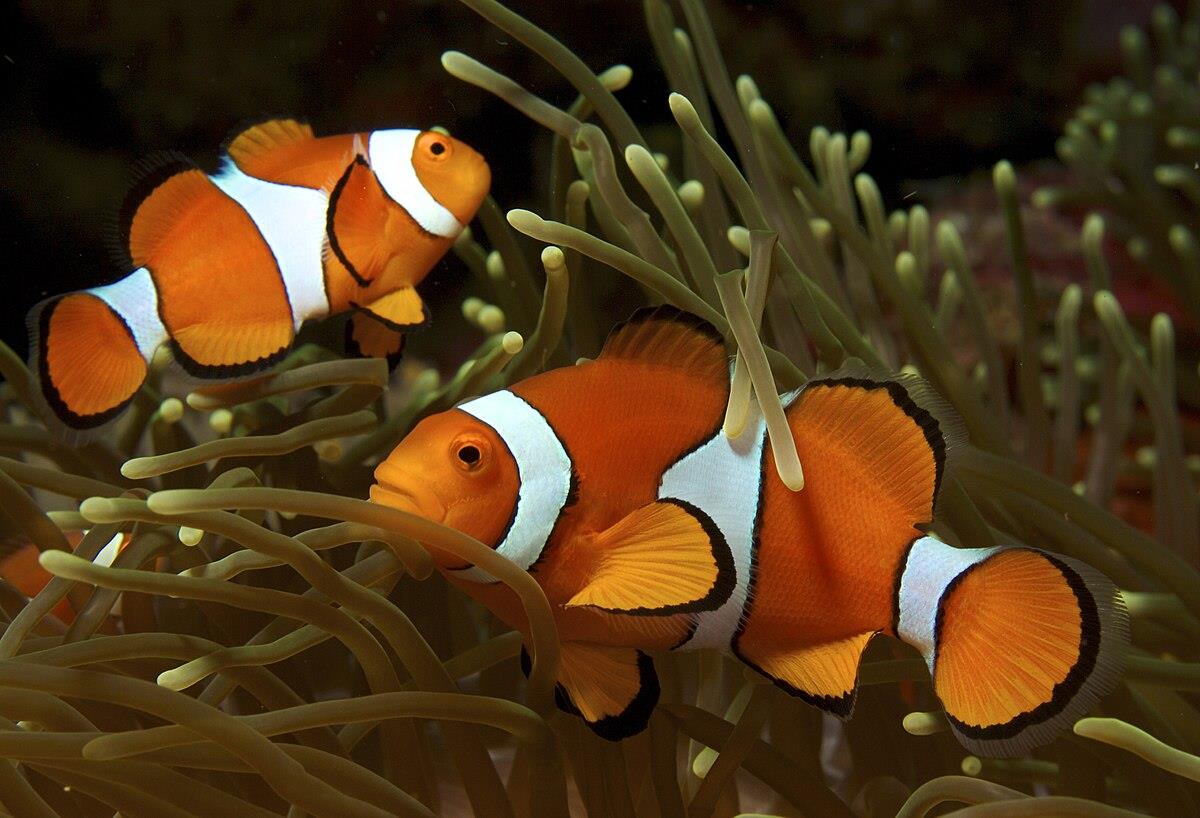
Thermal Stress Erases Clownfish Population In 'Safe' Reef Zones

Scientists have found that a marine heatwave triggered mass die-offs of clownfish across central Red Sea reefs once thought to offer thermal refuge, and that elsewhere these fish are now shrinking to withstand rising ocean temperatures.
Research published in npj Biodiversity indicates that the 2023 marine heatwave caused bleaching in all monitored anemones across three reefs off Saudi Arabia, leading to mortality of more than 66 per cent of the anemones and upwards of 94 per cent of Amphiprion bicinctus. The region was long considered a“thermal safe haven” for marine organisms due to its naturally warm waters, but this event challenges that assumption.
Lead author Morgan Bennett-Smith, from Boston University, suggested the event may reflect a tipping point in species' thermal tolerance. The sheer magnitude of the collapse implies that even populations adapted to warmer baseline conditions are now vulnerable to extreme heating.
Parallel work on clownfish in Papua New Guinea reveals a striking behavioural adaptation: individuals shrink their body length during heat stress. A team led by Melissa Versteeg tracked 67 breeding pairs of clown anemonefish from February to August 2023 through a heatwave. Of the 134 fish monitored, over 75 per cent shrank at least once, with those that did demonstrating significantly higher survival rates. The adaptation may reduce metabolic and oxygen demands when resources are constrained.
Researchers are still investigating the mechanism behind this shrinkage. One hypothesis is tissue reabsorption or compression of bone structure under stress. Shrinking within breeding pairs also appears to be synchronised in many cases, preserving the size hierarchy essential to the social structure of clownfish communities.
See also Farming's New Ledger: Blockchain Incentives to Curb Water and Power WasteHowever, shrinking is not a panacea. Despite its potential short-term benefits, the loss or degradation of sea anemones - essential habitat for clownfish - poses an existential risk. Once anemones bleach, their capacity to host symbiotic algae falters, undermining the mutualistic relationship they share. Without a healthy anemone, clownfish lose protection and often face predation or starvation.
Notice an issue? Arabian Post strives to deliver the most accurate and reliable information to its readers. If you believe you have identified an error or inconsistency in this article, please don't hesitate to contact our editorial team at editor[at]thearabianpost[dot]com . We are committed to promptly addressing any concerns and ensuring the highest level of journalistic integrity. Legal Disclaimer:
MENAFN provides the
information “as is” without warranty of any kind. We do not accept
any responsibility or liability for the accuracy, content, images,
videos, licenses, completeness, legality, or reliability of the information
contained in this article. If you have any complaints or copyright
issues related to this article, kindly contact the provider above.


















Comments
No comment